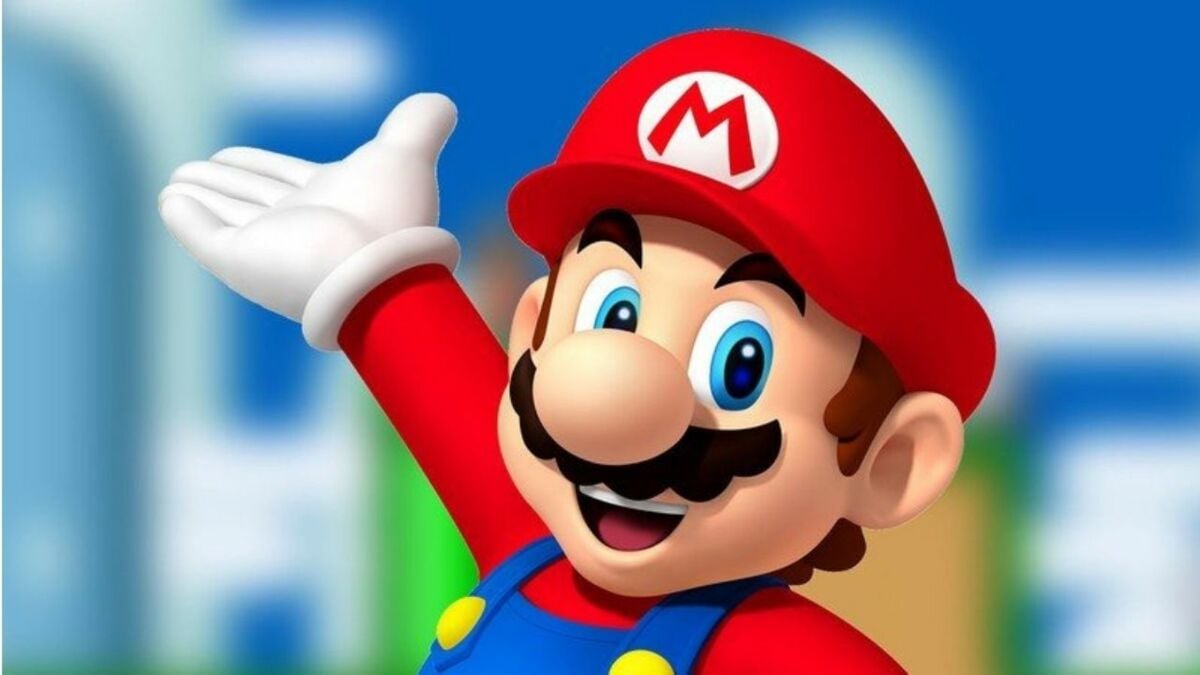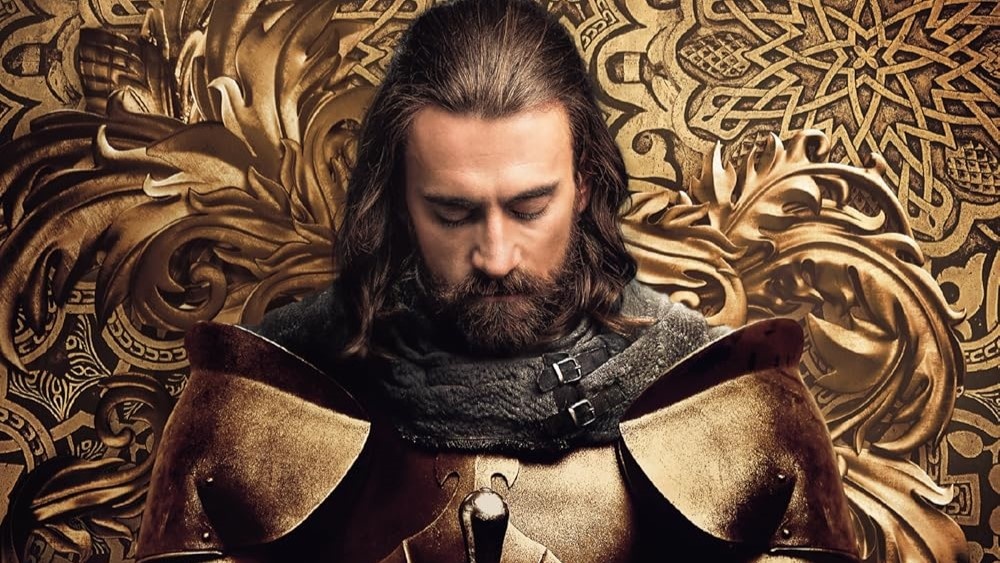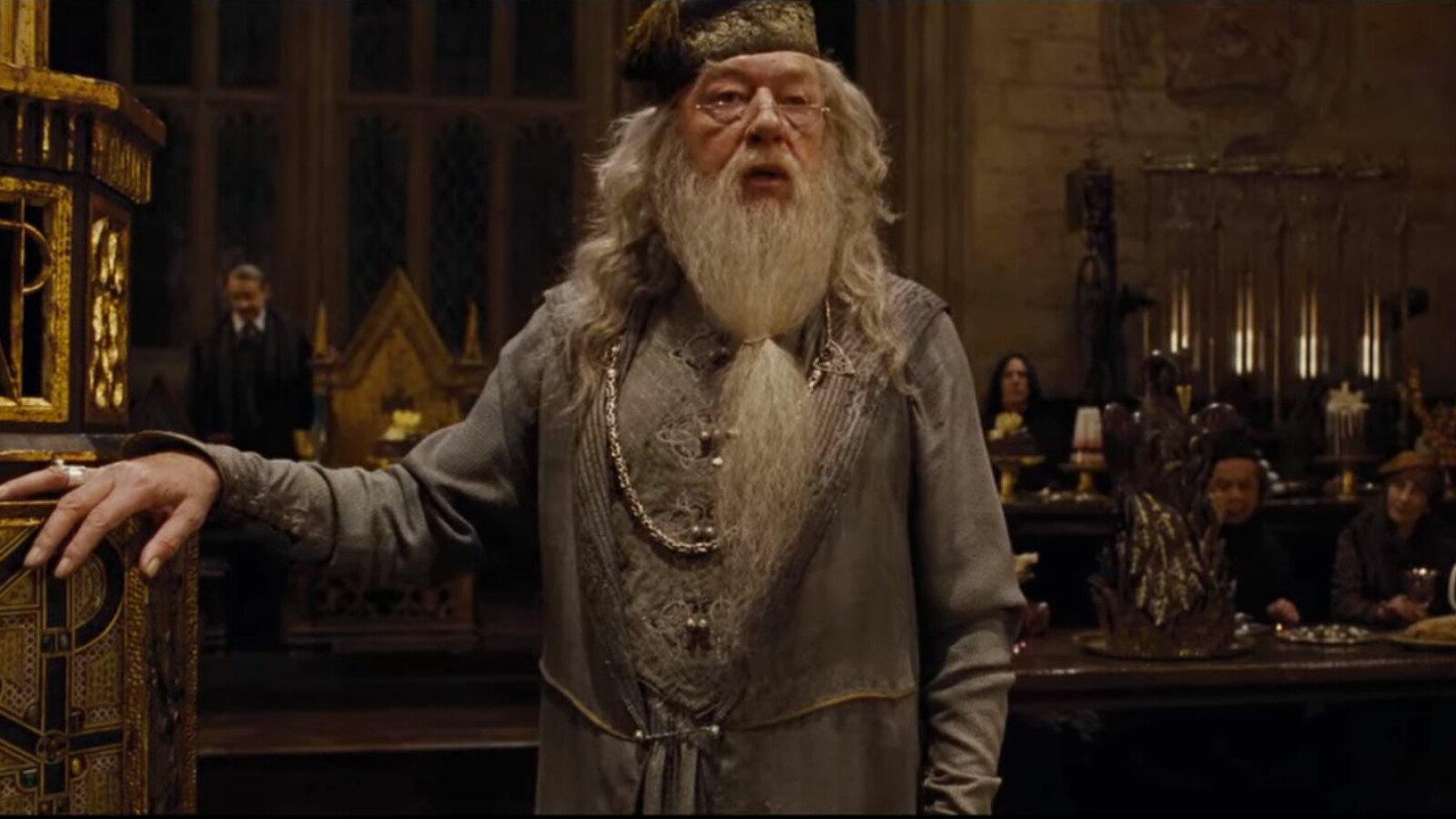Ah, la censorship. Sometimes a way to clip wings and prevent us from moving forward, other times the perfect weapon to put a stop to savagery and continue to defend tooth and nail the need to have no tolerance for intolerance.
We have seen censorship in the world of videogames in all shapes and colors, from symbols to religious figures, from changing the color of blood to covering virtual necklines. But of all the examples you can throw at yourself, none is as surreal as the one that changed the opium trade for the banana junkies.
Looking for other kinds of stories
We are in 1990 and the old Square Soft comes from crashing in Game Boy
Gone are the limitations of the first Final Fantasy in terms of possibilities. We are in a time where creative teams are beginning to tinker with what the future of video game storytelling will be, often looking to their own reality and past reality for inspiration.
However, that period in which the resurgence of the video game also pursues another type of expansion brings certain limitations under its arm. If you want reach as many players as possiblefor example, it’s time to tie short what may or may not appear in your game.

And although from Square they go to the limit with the creative side and without brakes, in Nintendo they opt for a less lax perspective, especially in the West. If you want to work with them, you have to stick to the plan, and that means cutting back where their censors say they’ve gone too far.
addicted to bananas
Take the player from Final Fantasy Legend 2 to a town plagued by opium drug dealers is going too far? Well, if you come across smuggling mafias, drug addicts and characters questioning the usefulness of banning them, according to Nintendo it’s going a bit overboard.
Its zero tolerance policy for stories that go too far when it comes to violence, alcohol and drugs, forced the location team of Final Fantasy Legend 2
With the intention of facilitating the location process and incidentally throwing a dart at Nintendothe only change that occurred was to change the opium for bananas, thus causing a surreal situation in which some NPCs questioned the legality of the banana market before the player.
Those who approached the game without knowing it found themselves in a situation that, far from reflecting the crudeness that the original work sought, had completely entered the field of parody.
The censorship had destroyed part of the plot and, although it was not the straw that broke the camel’s back, it did become one of the small pushes that would end up getting Final Fantasy abandon the Nintendo umbrella to fall into the arms of PlayStation.









